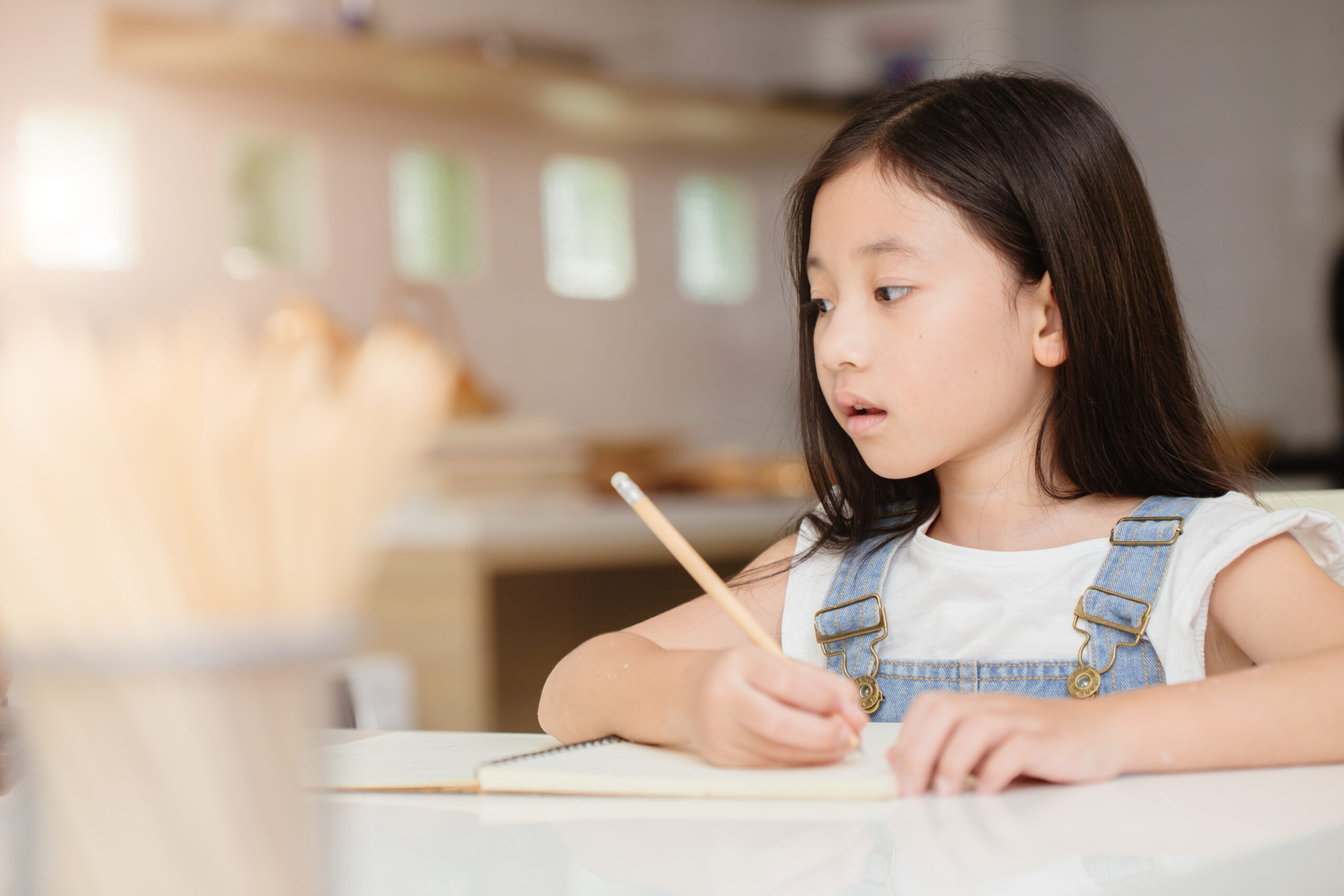Why Early Preparation is Essential for Primary School Readiness


Education is revered in Singapore, and parents are known for their proactive approach to preparing their children for primary school.
From selecting the best preschool to signing up for enrichment classes, Singaporean parents prioritise early preparation to ensure their child’s smooth transition into primary school. But what exactly drives this fervent dedication to early primary school readiness?
In this article, we discuss why early preparation is essential for primary school readiness and how it is instrumental in primary school success.
Early exposure to academic concepts is key to primary school readiness. It provides children with a solid foundation in literacy, numeracy, science, and critical thinking. By building these foundational skills before entering primary school, children are better prepared to engage with the curriculum and succeed in various subject areas.
Starting academic learning early also helps prevent learning gaps from forming. Children who enter primary school with a strong foundation in academic skills are less likely to struggle with basic concepts and are better equipped to build upon their knowledge as they progress through the curriculum.
Language development is a critical element of primary school readiness. The ability to read is paramount in primary school learning. Children must understand written instructions, comprehend texts, and extract information from various sources.
During the early years, progress in language development equips children with a broader vocabulary, enhances their comprehension skills, and elevates their reading proficiency. This sets the stage for their achievements in subjects emphasising literacy.
Primary school introduces children to a new level of social interaction. Early preparation provides opportunities for your child to engage with peers, teachers, and other adults in a structured setting.
Children learn to share, take turns, and cooperate through social interactions in preschool or playdates, crucial for successful integration into the primary school community.
Developing independence is crucial for primary school readiness as it equips children with the skills and mindset needed to navigate the challenges and responsibilities of school life.
In primary school, children are expected to take responsibility for basic self-care tasks such as dressing, managing belongings, and following personal hygiene routines. Developing independence during the early years prepares children to handle these tasks confidently, promoting self-reliance and reducing reliance on adult assistance.
Primary school involves following teacher instructions, completing tasks independently, and managing time effectively. Children who learn independence will be able to listen attentively, follow directions, and carry out tasks autonomously, setting them up for academic success and good classroom behaviour.
Cognitive skills form the basis for academic achievement and primary school readiness. It lays the foundation for academic learning by shaping children’s ability to understand and interact with the world around them.
Activities that stimulate cognitive development, such as puzzles, games, and hands-on exploration, help children enhance their attention span, memory, and problem-solving, which are necessary for success in primary school.
Furthermore, primary school requires children to focus and concentrate for extended periods, complete tasks, and participate in group activities. Early cognitive development helps children improve their attention span and concentration skills, enabling them to stay engaged and focused in the classroom environment.
Early preparation creates a positive association with learning by making it fun, engaging, and rewarding. Children who approach learning with curiosity and excitement are more likely to be active in classroom discussions and learning activities and take ownership of their education. This motivation promotes a love for learning and drives academic achievement in primary school.
Children may also find primary school learning more challenging. However, those with a positive mindset will view setbacks as learning opportunities rather than being discouraged. This resilience allows them to overcome obstacles, persist in their efforts, and ultimately succeed in mastering new skills and concepts in primary school.
Parents who proactively prepare their children early for primary school do so for good reason. Investing in early preparation equips children with the skills and mindset needed for primary school readiness, instils a lifelong love of learning, and builds resilience in the face of challenges.
Ultimately, the effort and dedication put into early preparation pave the way for a fulfilling educational journey and a bright future for their children.
At My First Skool, we understand the importance of primary school readiness. In our 2023 Parents Satisfaction Survey, 90% of parents are satisfied with our curriculum, which is designed to prepare children to transition to primary school and equip them with the skills and confidence they need to thrive academically and socially.